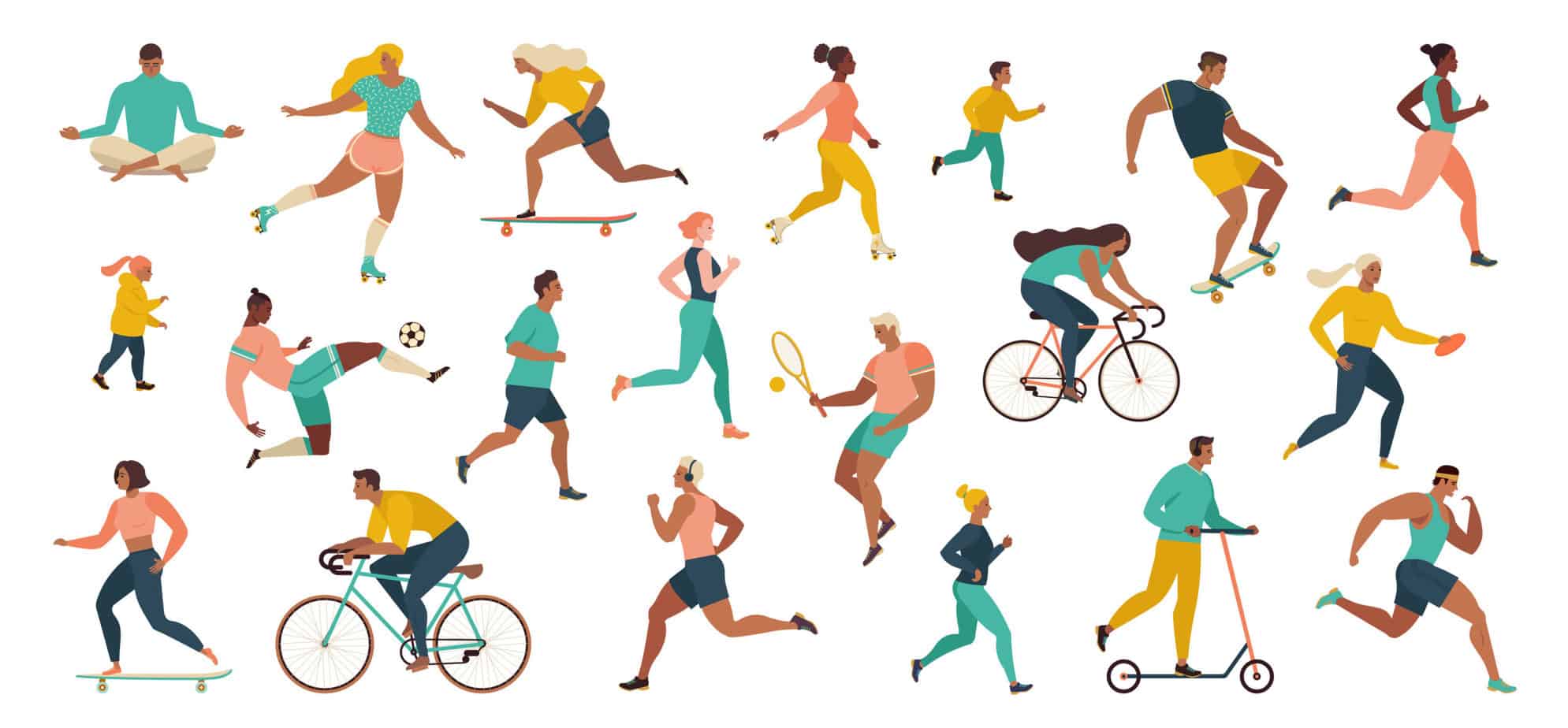The World Health Organization (WHO) has urged governments in the South-East Asia region to take swift action to combat inadequate physical activity, which affects up to 74% of teenagers. As a result, the WHO has urged that non-communicable disease epidemics be halted and reversed, as well as physical and mental well-being be promoted.
“Physical activity helps prevent noncommunicable diseases like heart disease, stroke, diabetes, and some cancers, which are still the region’s leading killer diseases and a risk for severe disease and deaths in the ongoing COVID-19 pandemic,” said Dr Poonam Khetrapal Singh, Regional Director, WHO South-East Asia Region.
The Regional Director was speaking to a virtual gathering of health authorities and partners from member nations at the introduction of the Regional Roadmap for Implementing the Global Action Plan for Physical Activity (GAPPA). WHO, the Thai Health Promotion Foundation, and the International Health Policy Program collaborated to host the two-day regional symposium on physical exercise?
By 2025, the Regional Roadmap seeks to support context-specific activities that will result in a 10% decrease in insufficient physical activity and a 15% increase in worldwide levels by 2030.
Insufficient physical activity is a major risk factor for noncommunicable diseases (NCDs) worldwide, particularly in Southeast Asia, where NCDs claim the lives of over 8.5 million people each year, many of whom die prematurely. In the world, 23% of adults and 80% of adolescents aged 11 to 17 do not fulfil WHO physical activity recommendations. Physical inactivity is roughly 15% for adults and 74% for adolescents in the WHO South-East Asia Region.
“Countries and localities must take steps to provide physical activity opportunities for everyone.” “This necessitates a concerted national and local effort across all sectors and disciplines to adopt policies and solutions that are relevant to a country’s cultural and social setting in order to promote, enable, and encourage physical exercise,” stated Dr. Khetrapal Singh.










